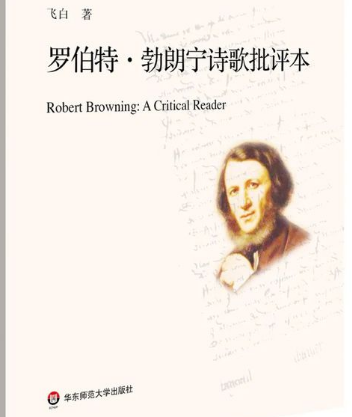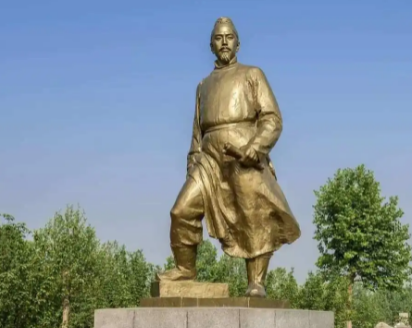In Chinese history, the period of the Five Dynasties and Ten Kingdoms was an era filled with unrest and war. During this time, Zhu Wen, as the founding emperor of the Later Liang, successfully pacified the Three Towns of Hebei, laying the foundation for the unification of the north. So, why was Zhu Wen able to achieve such accomplishments? This article will explore Zhu Wen's historical background and related events to reveal the reasons for his pacification of the Three Towns of Hebei.

I. Zhu Wen's Historical Background
Zhu Wen (852-912), originally named Zhu Quanzhong, was the founding emperor of the Later Liang during the Five Dynasties and Ten Kingdoms period. He emerged during the turmoil at the end of the Tang Dynasty and gradually became a powerful local force. After the fall of the Tang Dynasty, Zhu Wen established the Later Liang, becoming the first dynasty among the Five Dynasties.
II. Reasons for Zhu Wen's Pacification of the Three Towns of Hebei
1. Political Skills: Zhu Wen possessed exceptional political wisdom and skills. He was adept at using various means to rally and suppress opponents, thereby consolidating his position of power. When pacifying the Three Towns of Hebei, Zhu Wen employed strategies such as divide and conquer, enticing the enemy into deepening their positions, thereby weakening their strength.
2. Military Strength: Zhu Wen commanded a powerful army, which provided strong support for his pacification of the Three Towns of Hebei. His army was disciplined and勇猛in battle, able to quickly defeat enemies on the battlefield. In addition, Zhu Wen valued the selection and training of generals, ensuring that his army maintained high morale and combat effectiveness.
3. Geographical Location: The Three Towns of Hebei are located in the North China region, occupying a strategically important geographical position. Controlling the Three Towns meant commanding the gateway to the Central Plains. Zhu Wen understood this well and therefore set out to pacify the Three Towns upon the establishment of the Later Liang, ensuring national security and stability.
4. Era Background: Although the period of the Five Dynasties and Ten Kingdoms was frequently afflicted by warfare, it also gave birth to a trend towards unification. Zhu Wen lived in such an era, facing both opportunities and challenges. Leveraging his talents and the opportunities presented by the times, he successfully pacified the Three Towns of Hebei.
Conclusion:
Zhu Wen's ability to pacify the Three Towns of Hebei was the result of his exceptional political wisdom, powerful military strength, the importance of geographical location, and the context of the times. This campaign not only solidified Zhu Wen's position of power but also laid the foundation for the unification of the north. However, the development of history is always complex and ever-changing. We should evaluate historical figures and events objectively, drawing wisdom and inspiration from them.
Disclaimer: The above content is sourced from the internet and the copyright belongs to the original author. If there is any infringement of your original copyright, please inform us and we will delete the relevant content as soon as possible.
































